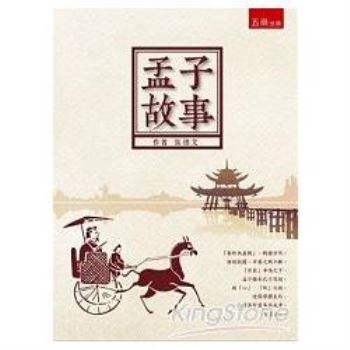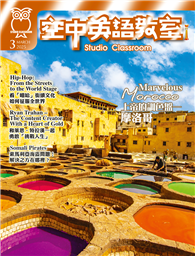"With Allah’ Blessing, the people of Al Ula Built the Wall "; with this historical phrase (which was written on the wall that built by the people of Al Ula), I start the intro of this book that is a part of series of historical works I am releasing about the people of Al Ula. In this book, I am going to shed light on the period of the building of the wall called the Sab’aa wall (the seven wall), which extends from Al Ula’s western mountain slope. The people of Al Ula built it throughout a crucial period of their village’s history: protect the village from a probable assault by Mouhammed Al Rasheed’s army. I made sure to refer back to several ancient and available sources that talked about that period. For example, the writings of orientalists, the sources written on the history of the Al Rasheed’s emirate, the historical documents of the people of Al Ula, and the Ottoman records besides interviewing the elders of Al Ula to convey the anecdotal stories that talk about the reason for building the wall. Furthermore, the available photos are an essential role to enrich the matter and exhibit the historical and technical profiles of the project. The vernacular poetry, moreover, considers as a historical source that helps to illustrate the real image, where this poetry addressed some poems about that period (they talked about the prevailing political, security, and economic circumstances). An effort was made to list the information using the same historical evidence without exaggeration in order to convey correct information to the reader based on documented references. In addition, efforts were made to correct some inaccurate stories and myths about this important historical landmark in the beautiful city of Al Ula. The people of Al Ula as a term means the community of Al Ula and the villages that are around it. They are the people of civilization, history, and ancient cultural and social heritage; they are people of generosity and hospitability that honor their guests regardless of their nationalities, colors, or religions. Everyone who visited or passed by this area described its people as with their generosity and honesty.
| FindBook |
有 1 項符合
Al Ula Wall: With Allah’ Blessing, the People of Al Ula Built the Wall的圖書 |
 |
Al Ula Wall: With Allah’ Blessing, the People of Al Ula Built the Wall 作者:Abdulwahed 出版社:Partridge Publishing Singapore 出版日期:2022-06-30 語言:英文 規格:平裝 / 102頁 / 27.94 x 21.59 x 0.71 cm / 普通級/ 初版 |
| 圖書館借閱 |
| 國家圖書館 | 全國圖書書目資訊網 | 國立公共資訊圖書館 | 電子書服務平台 | MetaCat 跨館整合查詢 |
| 臺北市立圖書館 | 新北市立圖書館 | 基隆市公共圖書館 | 桃園市立圖書館 | 新竹縣公共圖書館 |
| 苗栗縣立圖書館 | 臺中市立圖書館 | 彰化縣公共圖書館 | 南投縣文化局 | 雲林縣公共圖書館 |
| 嘉義縣圖書館 | 臺南市立圖書館 | 高雄市立圖書館 | 屏東縣公共圖書館 | 宜蘭縣公共圖書館 |
| 花蓮縣文化局 | 臺東縣文化處 |
|
|
圖書介紹 - 資料來源:博客來 評分:
圖書名稱:Al Ula Wall: With Allah’ Blessing, the People of Al Ula Built the Wall
|











